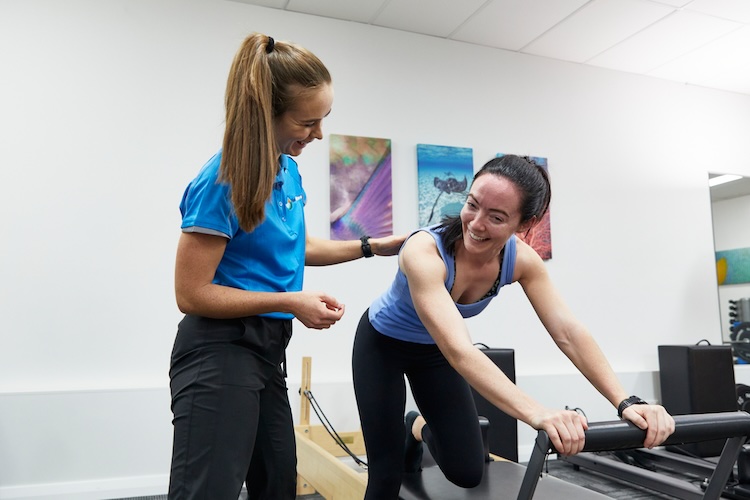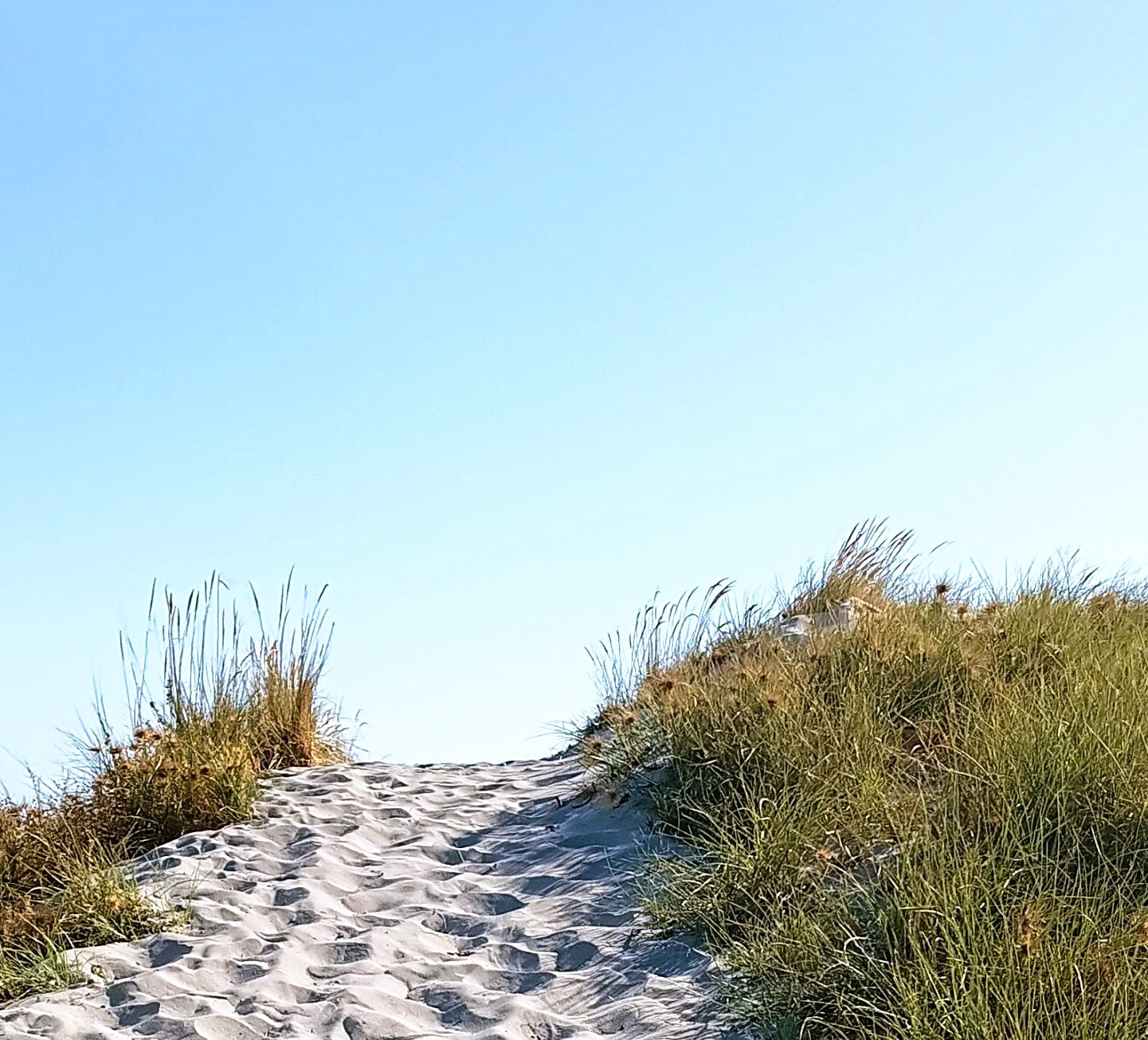
What is anxiety?
Anxiety is a mood experienced as fear, worry and uneasiness. It can be a normal and helpful response to an event that threaten one’s security. The physical feelings of anxiety may include: a pounding heart, difficulty breathing, upset stomach, muscle tension, headache, sweating or choking, feeling faint or shaky.
Every year, around 14% of all adult Australians are affected by an anxiety disorder, with women more affected than men.
Anxiety disorder
A person with an anxiety disorder will feel distressed by excessive worry all or most of the time, even if there seems to be no obvious reason. Anxiety symptoms can also be so distressing that they interfere with a person’s ability to carry out, or take pleasure in, day-to-day life activities. .
An anxiety disorder may be experienced as
-
persistent, excessive or unrealistic worries (generalised anxiety disorder)
-
compulsions and obsessions which they can’t control (obsessive compulsive disorder)
-
intense excessive worry about social situations (social anxiety disorder)
-
panic attacks (panic disorder)
-
an intense, irrational fear of everyday objects and situations (phobia)
-
re-experiencing a past traumatic event ‘flashback’ (Post Traumatic Stress Disorder)
Anxiety is also closely associated with other mental health conditions, especially depression and stress.
Neurochemistry of Anxiety
The neurochemistry of anxiety disorders can be grouped into two main categories:
-
Neurotransmitter (GABA, serotonin and dopamine) function in the amygdala; an area of the brain involved with the perception and assessment of threats
-
Hypothalamic-pituitary-adrenal axis (HPA-axis) which involves brain stimulation of the adrenal gland to release cortisol, DHEA, adrenaline and noradrenaline. Cortisol is the stress hormone and adrenaline and noradrenaline increase heart rate and breathing in what is known as the “fight or flight” response.
Pharmaceutical anxiolytic medications work via the action of manipulating the brain chemistry. For some people the use of pharmaceutical medicines is essential for day to day function and can be life saving. However, they do not restore normal levels of neurotransmitters and can have negative side effects including addiction, depression, suicide, seizures, sexual dysfunction, headaches and more.
Herbal Medicine for Anxiety
Herbal medicines that reduce anxiety are known as anxiolytic’s. They are also a thymoleptic which is a term for a drugs which modify a persons mood. In contrast to anxiolytic drugs, herbal anxiolytics can stimulate neurotransmitter synthesis and more naturally effect, and even adjust, brain chemistry in the absence of many of the side effects experienced with drugs. Examples of a few herbal medicines;
Gotu kola (Centella asiatica): An open label study using 500mg of gotu kola twice daily for two months in 33 patients with generalised anxiety disorder revealed significant improvements in anxiety following 60 days of treatment, along with significant reductions in secondary measures of stress and depression.
Lemon balm (Melissa officinalis): A prospective, open label, 15 day study evaluated the efficacy of lemon balm on stressed volunteers who had mild to moderate anxiety disorders and sleep disturbances. The primary outcomes showed improvement of symptoms. Seventy per cent of the participants achieved full remission for anxiety, 85% for insomnia and 70% for both. The study demonstrated that chronic administration of lemon balm relieves stress related effects.
Passion Flower (Passiflora incarnata): Anxiolytic activity is one of the most intensively investigated roles of passion flower. In a pilot, double-blind, randomised controlled trial passion flower extract was found to be as efficacious as oxazepam (a benzodiazepine known as Serapax) in the treatment of generalised anxiety disorder (GAD).
Scullcap (Scutellaria lateriflora): There haven’t been many human trials using scullcap however a recent clinical study found that people who received 1050mg of scullcap daily for two weeks reported significant enhancements in mood compared to the placebo group. The key biological pathway involved in anxiety disorders involves gamma aminobutyric acid (GABA), a neurotransmitter that helps calm nerves. It is thought that scullcap positively impacts mood and reduces anxiety by modulating GABA.
A useful more in depth, single research paper for those who like more info can be found here.
Holistic Approach to Treating Anxiety at Next Wave Therapy
A naturopath at Next Wave Therapy will prescribe herbal medicines only after a comprehensive examination. This assessment aims to firstly identify the underlying cause (Tolle causam) of anxiety. Physiological factors e.g. hormone disruption, HPA axis imbalance , nutritional balance; psychological factors e.g. thinking patterns, altered stress response; and social factors e.g. financial stress are considered when devising a treatment plan. A naturopath will always combine the use of herbal anxiolytics with diet and lifestyle advice and refer to another therapist where needed.
At Next Wave Therapy our multi-disciplinary team offers the following other evidenced based therapies for anxiety:
-
Acceptance and Commitment Therapy (ACT) – a contextual behavioural therapy helps different types of anxiety. It is provided as a focused psychological therapy by our occupational therapists.
-
Yoga – delivered by an occupational therapist as individual or in small groups
-
Relaxation Training – education about stress and relaxation and finding anxiety management methods that suit your individual needs
-
Occupational Therapy – helping you to carry out your daily activities and find ways of managing day to day tasks helps to reduce anxiety symptoms.
-
Resistance training and exercise with our physiotherapists has many benefits
Life With Anxiety
Anxiety is a mood experienced by everyone at some time on their life. It is an essential mood that can motivate and help to shape our daily activities. When it persists or is overwhelming, however it can totally disrupt a persons life.
Herbal medicines and a holistic approach to anxiety can help. It starts with talking about your anxiety, identifying how it impacts you and what contributing factors need to be addressed. Taking herbal and nutritional medicines is part of the treatment and can help you to be able to apply some of the self management skills needed for day to day function and quality of life.
Written by
Sasha Wray Principal Occupational Therapist and Naturopath at Next Wave Therapy. If you or someone you knows suffers from anxiety in any form, and you want to find out more, please feel free to book in for a discovery session.






